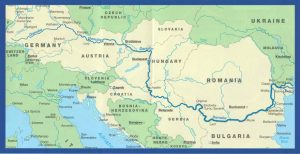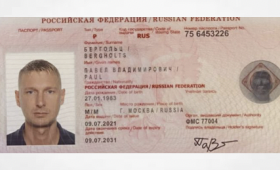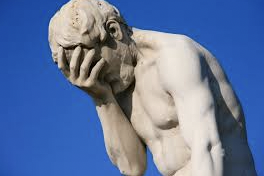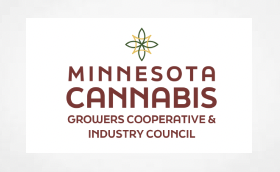Transylvania is most famously known as the residence of Dracula, but a major infrastructure project funded by a Las Vegas investment vehicle could give the region a whole new claim to fame as the home of European hemp.
M&A giants PHI Group (no jokes about bloodsucking vampires, please) are partnering with a local Romanian firm to put spades in the ground at a major industrial park in Transylvania, which will house a 10-acre greenhouse and power plant for the organic farming of cannabis.
The US entity committed €20m ($22m) to the $50m development with Romanian firm SC Z.I.O.S. SRL (ZIOS), according to filings, and said it has the potential to raise $150m in revenue in the 2019 fiscal year. The 51-acre industrial zone will also contain hotels and other businesses.
It is part of a wider cannabis strategy for PHI over the next 12 months that also includes water enhancement products and a network of cannabis growers in the US and Canada.
The firm believes its systems can save $25m a year by cutting water consumption by up to 30 percent and fertilizer usage by 30-50 percent, while boosting cannabis crop yields by 30-50 percent. The same systems will be put to use in the Transylvania greenhouse project.
In May 2017, PHI Group took a 51 percent stake in Maxagro, a Romanian agricultural company, worth $50m. It also partnered with Tho Xuan Duong, which makes oriental treatment, and in November 2017 announced it would take over 80 percent of the shares of Romanian Medical Corp (RMC).
RMC is one of the oldest suppliers of medical equipment and supplies in the country, to serve as a distribution platform for developed drugs by Tho Xuan Duong on the markets of Europe and the Middle East.
Romania is currently the largest commercial producer of hemp in Europe, according to US lobby group the National Hemp Association, with more than 40,000 dedicated acres accounting for about 70 percent of EU’s production.
By comparison, for UK readers wondering if the CBD oil taking over the high street is grown locally, it is estimated that the maximum area under cultivation in Britain is no more than 810 hectares.
Much of the product fuelling the European boom in cannabidiol (CBD) stems from Romanian hemp plantations, but the county itself makes little use of the plant. Medicinal marijuana is legal in Romania, but there are no cannabis-based medicines on the domestic market, and there appears minimal interest to kickstart the market.
The law allows for the cultivation of a select few varieties certified as having a THC level under 0.2 percent. The strains of industrial hemp Jubileu, Dacia, Diana, Zenit and Denise are Romanian varieties developed by the Secuieni Institute, Romania’s agricultural experts.
Most of the crop is exported to Hungary for processing, alongside other areas of western Europe, and Canada is also a big recipient of some Romanian strains.
Some commentators believe PHI would always aim for the enormous US market, but the group dismissed rumours and said it had opened a PHI Group subsidiary in Romania, and was aiming at the European Union market of 300 million consumers.
“We will be able to integrate perfectly in a process to create value for the company as we serve Romania as well as a conduit for European Union markets,” said Horace Horumba, president of PHI Group Eastern Europe.
The Danube region countries have hemp at the centre of a huge regeneration plan drawn up by the European Union, and the strategic importance of Transylvania goes beyond its climate, which is perfect for growing hemp.
Romania’s significance as the largest part of the Danube Delta cannot be overstated; it also has history on it’s side, having been a grower since the 7th century.
Until 1989, Romania was the fourth largest exporter of hemp worldwide, but the market sank and remained flat until the turn of the millenium.
Three years ago, Dutch investors rediscovered Romania, and a private investment of €5m by leading processors HempFlax kickstarted a revival of the hemp industry. HempFlax has been ramping up production in Romania by adding 300 acres a year, as others look to move in.
While sleep and death are the two main themes drawing Dracula-lovers back to the book and to Transylvania, one thing is certain; the historic region’s hemp industry is very much alive and kicking.
















